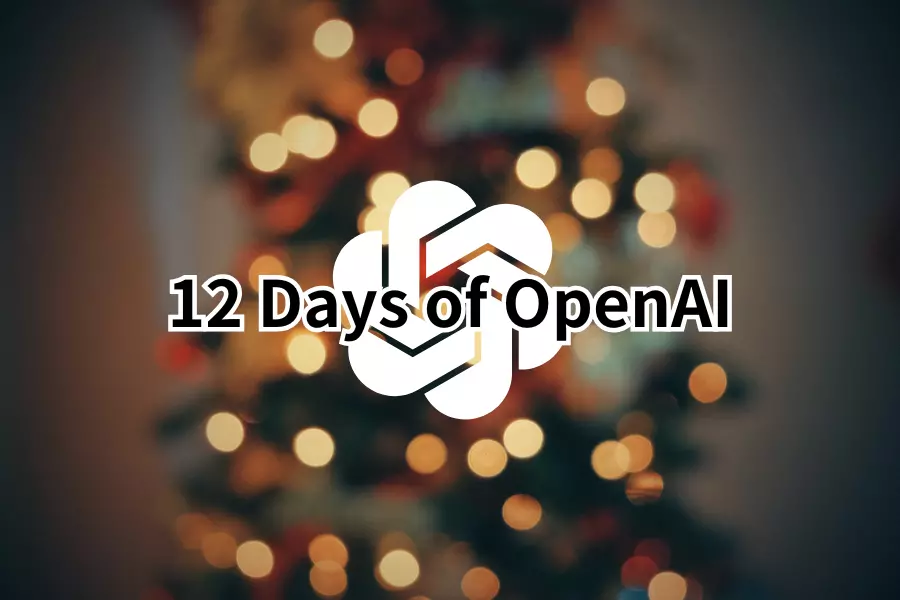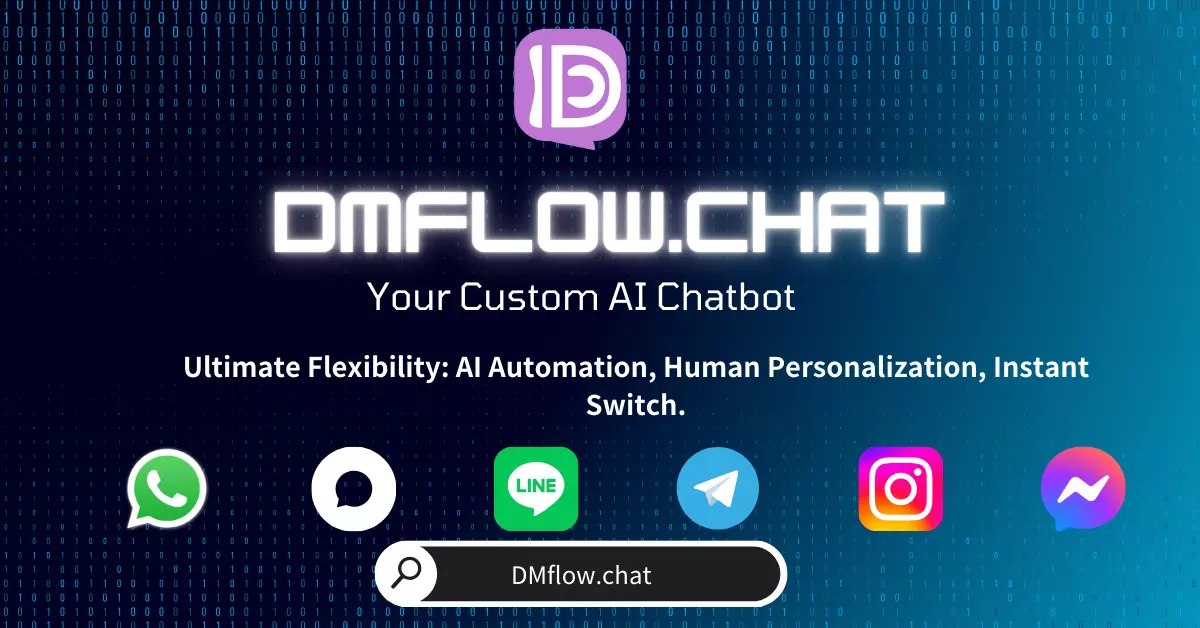
Have you ever marveled at the power of ChatGPT, believing it can solve all your writing problems? A groundbreaking brain study by the Massachusetts Institute of Technology (MIT) reveals a disturbing truth: excessive reliance on AI may be quietly eroding our critical thinking and memory, burdening us with serious “cognitive debt.” This isn’t just an academic paper review—it’s a deep reflection on how we can retain independent thinking in the age of AI.
Introduction: When Thinking Becomes “Outsourced,” What’s the Real Cost?
Hey, do you often feel like ChatGPT is your ultimate teammate? Reports, copywriting, email replies—it generates decent text with just one command. This convenience is like installing a turbocharger in your brain, making you feel unstoppable.
But in the quiet of the night, have you ever felt a subtle unease? As we become more accustomed to outsourcing the process of “thinking” to AI, what changes are occurring in our own brains? Could the price of convenience be much higher than we imagine?
Recently, a group of scientists at MIT’s Media Lab conducted an unprecedented experiment. They wore EEG (electroencephalogram) devices to directly observe brain activity during ChatGPT use. And the results, frankly, are chilling.
The study, titled Your Brain on ChatGPT: Accumulation of Cognitive Debt when Using an AI Assistant for Essay Writing Task, is more than data and graphs—it’s a mirror reflecting the cognitive challenges we face in the digital age.
A Writing Showdown: Brain vs. Search Engine vs. AI
Let’s take a look at how the experiment was designed—simple and direct.
The research team recruited 54 participants and randomly divided them into three groups for an essay writing challenge:
- LLM Group (AI Writers): Only allowed to use ChatGPT (GPT-4o) for writing. No other web pages permitted.
- Search Engine Group: Could use Google to find any information but were strictly prohibited from using ChatGPT or similar AI tools.
- Brain-Only Group: The hardcore group—no tools allowed. They had to rely solely on their own knowledge, memory, and thinking.
Over four months, participants completed multiple writing tasks while EEG devices continuously monitored their brain activity. Scientists wanted to know how these different methods affected brain function, memory, and the sense of authorship.
What Happens When We Outsource Thinking to AI?
The experiment revealed three shocking insights:
1. Brain Network “Activity”: A Bustling City vs. A Sleeping Town
Did you know that when we’re deep in thought, different parts of the brain light up like a busy airport? Information flows rapidly, forming a complex and active neural network.
The study found:
- Brain-Only Group: Displayed the strongest and most extensive neural network activity. Like a vibrant, bustling city, brain regions for memory, language, and logic were working in harmony.
- AI Writers Group: Showed the weakest network activity. Their brains resembled a sleepy countryside town—most areas were in standby mode.
This is known as Cognitive Offloading. When we hand over the burdens of thinking, organizing, and creating to AI, the brain says, “Oh, I don’t need to worry about this,” and switches to energy-saving mode. In the short term, it’s relaxing; over time, though, neural pathways for deep thinking start to weaken—just like muscles that go unused.
2. Memory “Decline”: Can You Recall What You Just Wrote with AI?
One of the most fascinating parts of the experiment came when researchers asked participants, after completing their essays, “Can you quote one sentence from your article without looking at the screen?”
The results were startling:
- In the first session, a staggering 83.3% of AI Writers couldn’t accurately recall a single sentence from their work.
- In contrast, participants in the Brain-Only and Search Engine groups easily remembered key parts.
What does this mean? When we copy, paste, and edit AI-generated content, the information often doesn’t enter our memory. It just flows across the screen without leaving a trace in our neurons. Like reading a movie synopsis—you know the gist but miss the depth, the dialogue, the emotion.
3. Loss of “Ownership”: Is This Really Your Article?
Researchers also interviewed participants about how they felt about their own writing.
- Brain-Only Group: Felt a strong sense of pride and ownership. “I really wracked my brain for this!” many said.
- AI Writers Group: Felt disconnected. Many said they only did half—or even less—of the actual work. Some felt guilty, like they had “cheated.”
This highlights a hidden cost of AI reliance: it robs us of the satisfaction that comes from hard-earned achievement. The “I did it!” feeling is something no tool can replicate.
The “Fourth Act” of the Experiment: The Real Test Begins
If the story ended here, the conclusion might be simple: don’t use AI. But the researchers had a more compelling twist. They let the original AI Writers write without AI, and the original Brain-Only participants use AI.
The results flipped dramatically:
- AI-to-Brain Group: Struggled when forced to write independently. Their brains were more active than before, but not nearly as efficient or complex as the Brain-Only group. Their “cognitive debt” was now fully visible.
- Brain-to-LLM Group: Performed exceptionally well. With their well-trained minds, they used AI like a powerful assistant—not a crutch. Their writing improved even more with AI’s support.
This Isn’t Just a Study. It’s a Wake-Up Call for All of Us
This research isn’t simply about “AI makes you dumb.” It reveals a deeper life lesson:
1. The Tool vs. Crutch Paradox
AI should be a tool that extends our abilities—not a crutch that replaces them. When we use it to explore and create, it strengthens us. When we use it to escape thinking, it weakens us. It’s not whether we use AI—but how.
2. The Power of “Deliberate Practice”
Why did Brain-Only participants eventually outperform with AI? Because every writing task had been deliberate mental training. Thinking—though painful and slow—is how strong neural networks are built. Easy answers disappear just as easily. Embrace the productive struggle.
3. Watch Out for “Cognitive Debt”
Just like borrowing money incurs interest, outsourcing thinking incurs cognitive debt. Every time we skip deep thinking for convenience, we risk becoming helpless in the face of complex challenges. Are you investing in your brain—or overdrawing its future?
Embrace AI—but Don’t Leave Your Brain Behind
So, should we stop using ChatGPT?
Absolutely not. It would be foolish to reject a groundbreaking tool. The real takeaway is: use it wisely and strategically.
- Use AI for divergence, your brain for convergence: Let AI help you brainstorm, gather ideas, and see new angles—but let your brain do the filtering, judgment, and synthesis.
- Think before you ask: Before turning to AI, frame the problem yourself. Use AI as a collaborator, not a shortcut.
- Schedule regular “brain workouts”: Set time aside for reading and writing without digital tools. Keep your brain’s core strength alive.
The AI wave is unstoppable. It’s reshaping our world. But whether we ride the wave—or drown in it—depends on one thing: Can we still value and train our most precious asset—our ability to think independently?
Frequently Asked Questions (FAQ)
Q1: Does this study mean we should stop using ChatGPT for learning or work?
A1: Not at all. The key message isn’t “stop using”—it’s “use it wisely.” The study encourages us to treat AI as a support tool, not a thinking replacement. For instance, use it for brainstorming or editing, but the core ideas and critical thinking should come from you.
Q2: What is “Cognitive Debt”?
A2: It’s a metaphor for the decline in cognitive ability caused by over-reliance on external tools (like AI) for memory, analysis, and organization. While it saves effort in the short term, it can make you less capable when facing complex tasks independently—just like financial debt that accumulates interest.
Q3: Why did brain-only writers perform better with AI later?
A3: Because they built a strong cognitive foundation through earlier writing tasks. AI became an amplifier—not a replacement—for their thinking. They had clear goals and critical judgment when using the tool.
Q4: Is this study applicable to everyone?
A4: While the sample size was small and limited to an academic setting, the cognitive patterns revealed are highly relevant. The core finding—that cognitive offloading weakens specific neural connections—is supported by broader neuroscience theories. It’s a warning we should all take seriously.




